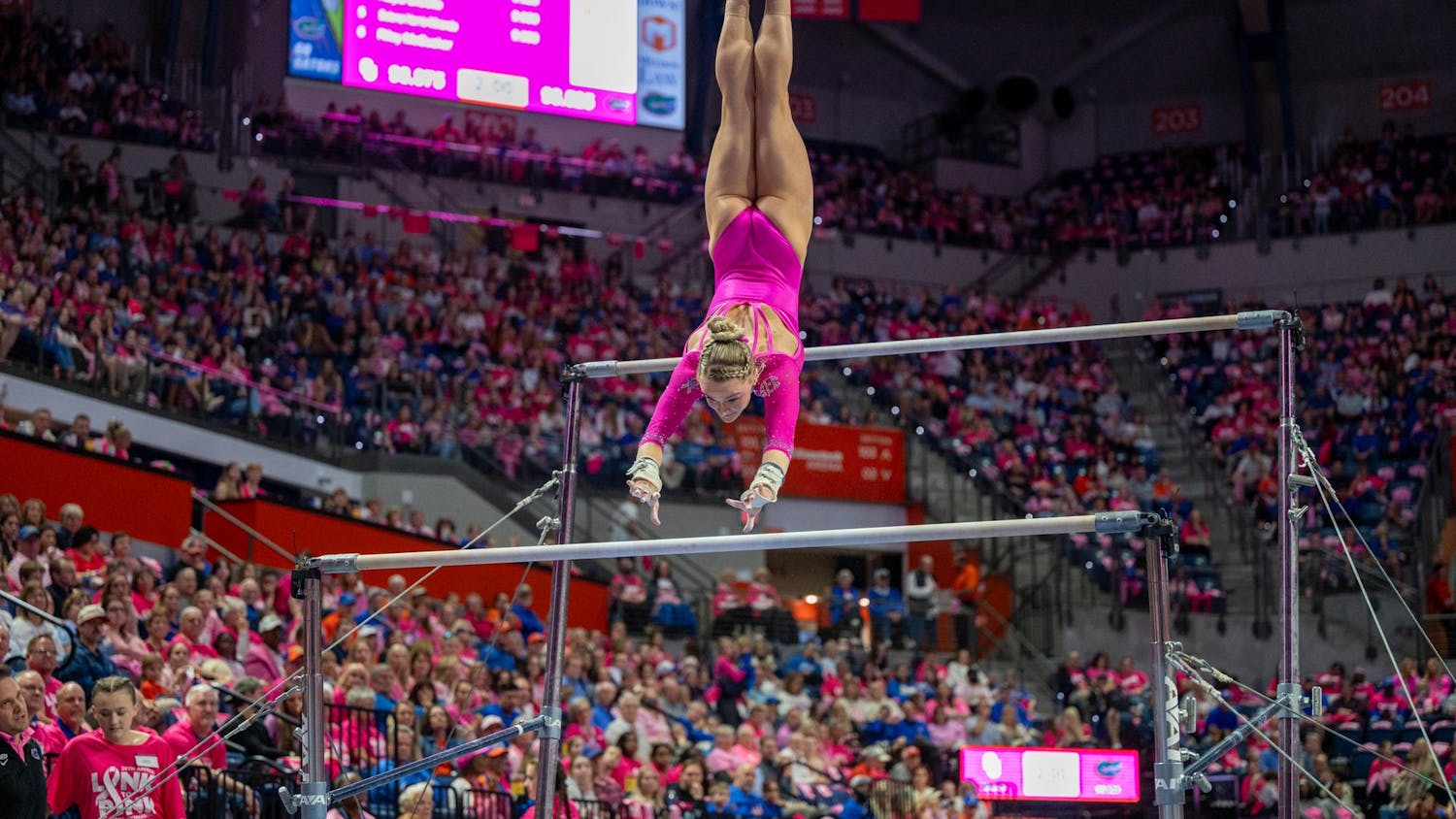What would you be willing to risk for a slimmer nose? A bustier chest?
Some people will dip into their life savings, spending up to $10,000 on a nose job. Others will go so far as to take a second job or apply for a loan to fund corrective surgery.
You probably won't catch anyone admitting they would risk their life, however. Plastic surgery, like any procedure that uses anesthesia, can be fatal. This proved true for South Florida teenager Stephanie Kuleba, who died on Saturday - 24 hours after her corrective breast augmentation surgery.
It is suspected that she suffered from malignant hyperthermia, which is an increase in the body temperature that can be brought on by anesthesia.
And yet, cosmetic surgeons in Florida say they are seeing more teenagers for plastic surgery than ever before. In 2005, more than 3,500 girls under the age of 18 had breast implants. I attribute this trend to celebrities and pop culture influencing the youth of America and expressing that corrective surgery is acceptable. If no one in Hollywood has a hooked nose, then why should a young girl find hers attractive?
In 2004, more than 326,000 boys and girls under 18 had corrective surgery to fix something that made them self-conscious, according to the American Society of Plastic Surgeons.
But why do these common teenage issues like body image and self-esteem result in the drastic measure of going under the knife? When I am a parent, if my 18-year-old daughter expresses to me that she wants larger breasts or a straighter nose, I plan to kindly inform her that appearance isn't everything. And that I'm not paying for it.
There is plenty more that parents can offer their child than a swipe of a credit card and an introduction to their city's best plastic surgeon. As expensive as it may be, I think parents are using this method of correction as a way to avoid actually being a parent.
Despite the popularity of breast augmentation, it has a high rate of complications and often requires additional surgery within five to 10 years of the original procedure. The same goes for nose jobs.
I don't understand why a parent would want to willingly put their child through such a risk. I guarantee once the teen is done obsessing over one flaw, he or she will move to another. Soon, earlobes protrude too much or calves are too little.
Since I was a freshman in high school, I had wanted a nose job. After breaking my nose several times, the rather large bump that developed was not something I enjoyed seeing in the mirror every day.
But I soon changed my mind after I researched the pain involved, high costs and saw a few graphic episodes of "Dr. 90210."
I have been put under anesthesia before, so that thought did not scare me. However, I did not stop to consider that the chance of death due to anesthesia is pretty common, about 1 in 200,000, according to studies done in 2004. And this doesn't include cases where anesthesia was a secondary factor or contributor to a patient's death.
According to a New York Times article, the agreement among surgeons is that the risk is much higher for elderly or very sick patients, or those with certain medical conditions, which are often easy to miss. Such was the case for 18-year-old Kuleba, who sadly was getting ready to attend UF.
So if anesthesia has the ability to have this effect on anyone, why are people signing up for the unnecessary risk? If you're going to die from a surgical procedure, my thought is that it better be one that is intended to save your life in the first place.
Rebecca Ganzak is a journalism senior. Her column appears on Thursdays.





